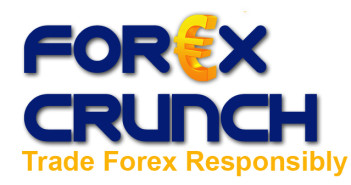Fresh estimations about the size of Greek, Spanish and Portuguese debt to other countries stands at the huge sum of 2 trillion euros. These numbers, bigger than estimated earlier, cast a huge shadow over the Euro.
Jacques Cailloux, who is the chief European economist for the Royal Bank of Scotland, showed that the public and private institutions in these three countries that is held by external countries stands at around 2,000 billion euros, down from 2,171 billion at the end of 2009. The vast majority of the debt comes from Spain – 1,500 billion at the end of 2009. This has bigger implications:
In a blog post about this report, Tony Barber quotes from the original report:
“Any assessment of the economic impact of a sovereign default of these economies through trade linkages or through their GDP size misses entirely the point,” the RBS report says. “It is the financial linkages that suggest that these economies are too intertwined with foreign financial institutions to default, a phenomenon largely reminiscent of that of subprime … in terms of the potential ramifications that a default would have across the global financial system.”
So, with problematic debt reaching 22% of the Euro-zone’s GDP, the austerity measures will do little to help, and an all-European / global effort to resolve the situation must be done urgently.
Austerity measures and huge spillage of euros to avoid default in these countries are all Euro-negative. EUR/USD currently trades at “Lehman levels”, around 1.2330, after it already went down to 1.2140 last week. When the financial crisis broke out with Lehman brothers’ collapse, British and American banks were in the limelight and the Euro just suffered from risk aversive trading.
Now, the Euro zone and the Euro itself are in the spotlight, and not in a positive way. The Euro-zone hardly got out of recession, and it might fall back to it soon. No matter what steps are taken, there is still more room for
It seems that the dramatic headlines about the collapse of the Euro and EUR/USD parity have a significant basis.
Thanks to Francesc for the tip.
Want to see what other traders are doing in real accounts? Check out Currensee. It’s free.
